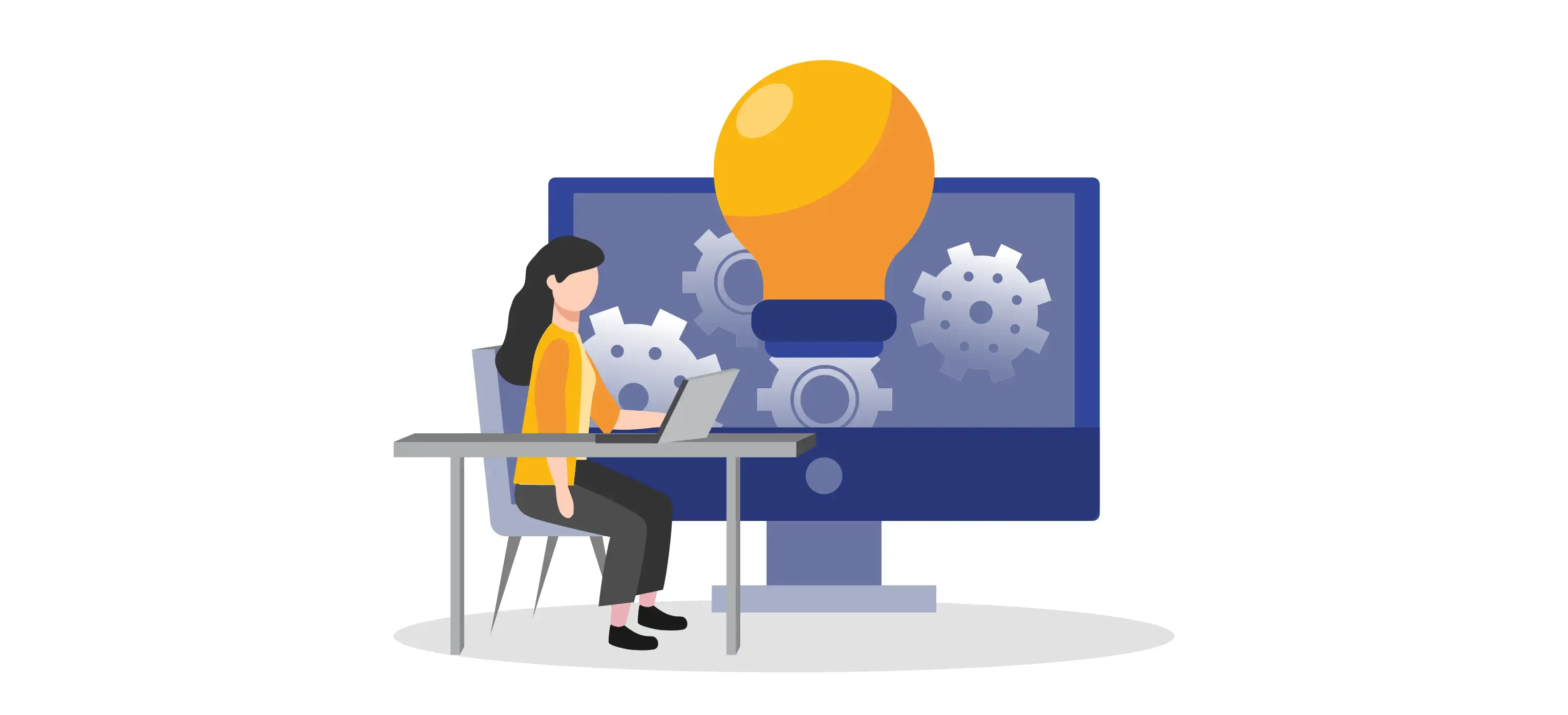 Shereen Backer A
Mar 21, 2024
Shereen Backer A
Mar 21, 2024

Language learning opens doors to new cultures, connections, and opportunities. German, a widely spoken language, offers a gateway to rich history and vibrant communities. Mastering basic German words is crucial for effective communication and understanding in various situations, whether traveling, working, or socializing. These foundational words form the backbone of language comprehension, fostering confidence and competence. By mastering these basics, individuals can start a fulfilling language acquisition journey, broadening their horizons with diverse perspectives.
This blog will explore 20 basic German words essential for building a solid foundation in the language, providing practical examples and tips for effective learning.
The German language is essential and widely spoken. It has unique characteristics that set it apart from others. Learning German starts with understanding its basics. German uses the same alphabet as English, but it has some extra letters like ä, ö, ü, and ß. Unlike English, German nouns have masculine, feminine, and neuter genders.
This affects the articles and adjectives used with them. German word order can be different from English too, which can take some getting used to. Learning the basics of German grammar and vocabulary is essential for building a solid foundation in the language.
Learning common German words is a great way to start mastering the language. This list covers greetings, basic interactions, numbers, common objects, and everyday actions.
Guten Morgen is used to greet someone in the morning. It's polite and friendly, making it an excellent way to start the day.
Bitte is a polite word used when making a request or asking for something. It's important to show respect in conversations.
Danke is used to express gratitude or thanks. It's a simple yet essential word in German to show appreciation.
Entschuldigung is used to apologize or get someone's attention politely. It's helpful in situations where you need to interrupt or say sorry.
Ja means "yes" in German. It's a straightforward word used to affirm or agree with something.
Nein means "no" in German. It's used to indicate a negative response or disagreement with something.
Hallo is a common greeting in German, similar to "hello" in English. It's used to say hi or start a conversation.
Tschüss is a casual way to say goodbye in German. It's commonly used when parting with friends or acquaintances.
Eins is the German word for "one." It's used for counting or indicating the quantity of something.
Zwei means "two" in German. It's another essential number for counting or specifying quantities.
Drei is the German word for "three." It's used in various contexts, including counting and telling time.
Vier means "four" in German. It's a basic number that's used in many everyday situations.
Haus means "house" in German. It refers to a building where people live, and it's a common word in daily conversations.
Auto is the German word for "car." It's used to describe vehicles used for transportation.
Essen means "food" in German. It refers to meals or edible substances consumed for nourishment.
Stadt means "city" in German. It's used to describe urban areas with a large population and infrastructure.
Gehen means "go" in German. It's a basic verb that indicates movement from one place to another.
Sehen means "see" in German. It's used to describe the action of perceiving visual stimuli with the eyes.
Essen also means "eat" in German. It's a common verb used to describe the action of consuming food.
Trinken means "drink" in German. It refers to the action of consuming liquids for hydration or pleasure.
Learning these common German words will help you communicate effectively in various situations, whether you're traveling, socializing, or conducting business. Practice using them in context to improve your language skills and confidence.
Practical usage of these common German words is essential for effective communication. For instance, when greeting someone in the morning, you can say "Guten Morgen" to start the day pleasantly. If you want to ask for something politely, like passing the salt, you can say "Bitte." When expressing gratitude for receiving the salt, you can say "Danke."
Similarly, if you accidentally bump into someone, you can say "Entschuldigung" to apologize. Incorporating these words into everyday conversations helps build confidence and fluency in German. Practice using them in various situations to become more proficient in the language.
Implementing these techniques can significantly boost your German vocabulary acquisition and proficiency. With dedication and consistent practice, you can effectively enhance your language skills.
Check out: Top German Language Certifications in Dubai
In conclusion, mastering basic German words is fundamental for anyone eager to learn the language. These words serve as building blocks for effective communication and understanding. By incorporating practical usage, exploring examples, and employing effective learning strategies, individuals can enhance their language skills and embark on a rewarding language acquisition journey. Keep practicing and adopting these words to unlock the doors to fluency and cultural understanding in German.

English Language and Soft Skills Trainer
Ms. Shereen Backer is a broad minded English language and Soft Skills trainer with Edoxi Training Institute, Dubai. She is fascinated about training young minds and professionals to reach new heights in their career. Her vast experience as an English language and soft skills trainer enables her to handle training sessions for students from diverse cultures.
Ms. Shereen challenges her students to be the best version of themselves. She holds strong records of accomplishment with TESOL/TEFL Certification and IDP Teacher’s Training Program Accreditation.
For the last seven years, she has been working with companies and universities as an ESL/EFL verbal trainer cum academic and career counsellor. She helped more than 500 individuals to clear exams like IELTS, PTE, TOEFL, OET, DET, PSAT, NMSQT and SAT. She also specialises in voice and accent training for English language students.